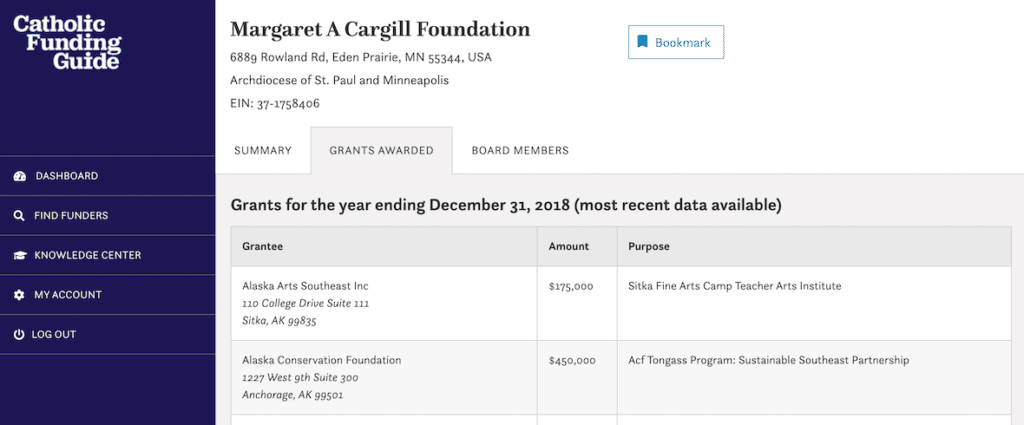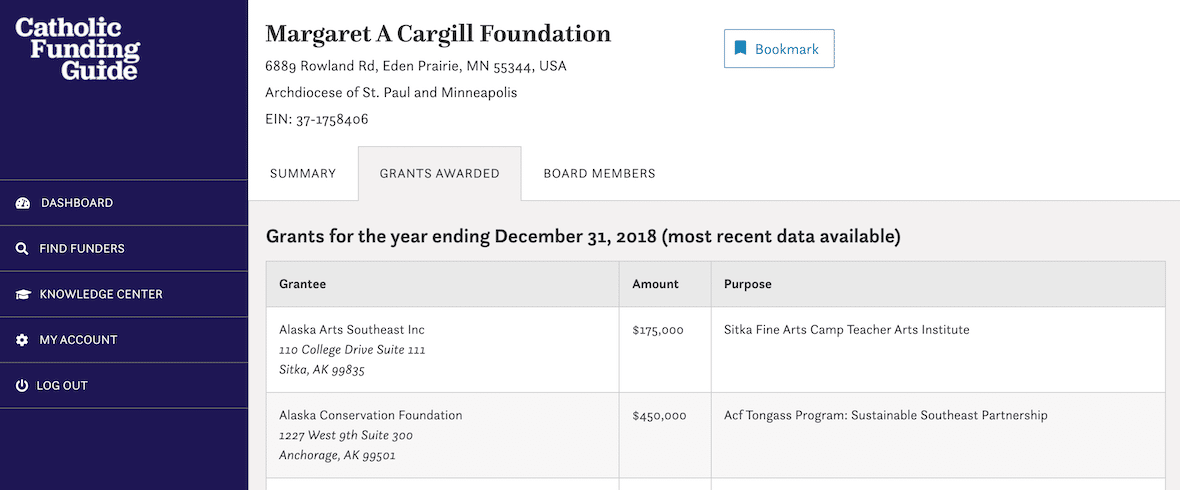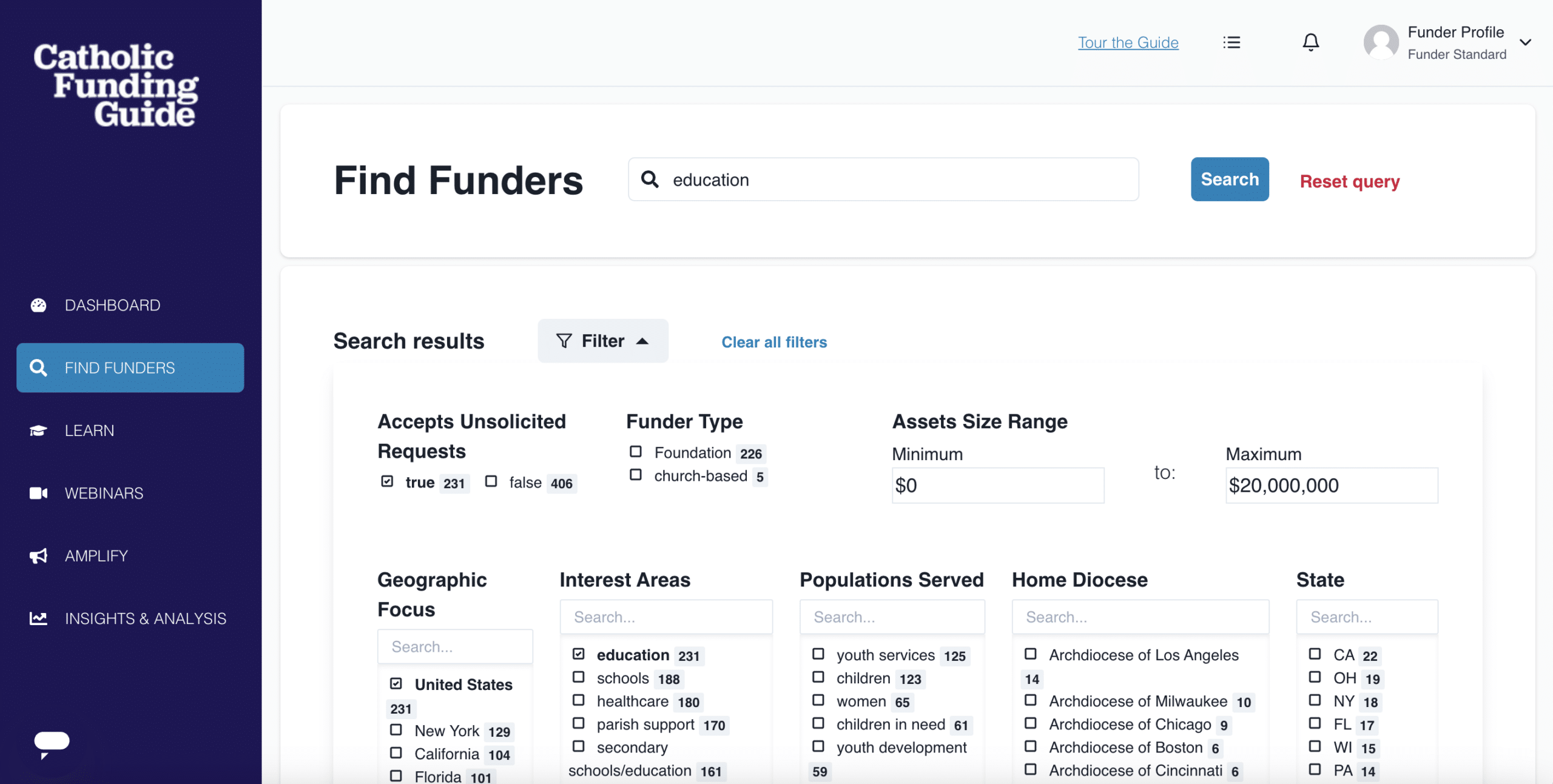First and foremost, you must keep in mind the goal of your meeting. While not every donor meeting must (or should) include a financial ask, every meeting should deepen your relationship with the donor, giving you a greater understanding of what inspires and motivates them. At the same time, the donor should walk away from the meeting with more knowledge about your organization and a deeper connection to the work you do.
Keep that goal in mind as you begin preparations for your fundraising meeting using the following steps as a guide.
How to Prepare for Your Donor Meeting
With good preparation, a fundraising meeting can be a significant win for both you and the prospective donor. While a conversation cannot be fully planned, conducting careful research and preparation ahead of time will equip you to respond to any questions the donor may have, and handle any unexpected turns in the conversation.
Research the Donor’s Philanthropic History
While the goal of the meeting is to get to know your donor better, it is important to have an understanding of their philanthropic past, especially as it relates to your organization. Have they given to your organization before, and, if so, when and how much? This knowledge will help you gauge whether it is appropriate to ask for a financial gift at this meeting, and how much you should request.
“With good preparation, a fundraising meeting can be a significant win for both you and the prospective donor.”
If the donor has given very recently or has a pledge they are fulfilling, it generally is not the time to make an additional ask. Conversely, if it has been many years since they have last given to your organization, a preliminary meeting may be needed to reconnect and rebuild their relationship with your organization prior to requesting additional funding. When meeting with someone who has supported your organization, always acknowledge and thank them for their past support.
If you can, learn their connection to your organization, including whether they have held any official roles there previously, such as a volunteer, committee member, or board member. This knowledge can help guide your conversation with them.

For new prospective donors, it may be helpful to use tools, such as the “grants awarded” tab in the Catholic Funding Guide, to gain a sense of their philanthropic activity with other organizations. This information will give some indication of their capacity to give, their interests, and information on how they prefer to give, such as an individual, through their business, or through a donor advised fund or family foundation.

Step 2: Familiarize yourself with the Donor’s Personal Situation
If the donor has a history with your organization, refer to previous notes or discussions they’ve had with other staff members to gauge any relevant personal matter that may impact this fundraising meeting.
If the prospective donor is new to the organization, some of this information may be available through mutual friends or a quick internet search, but much of it may need to be gleaned from your initial meeting.
For example:
- Do they have any recent job changes or other changes that may impact their financial situation?
- Are they working through any personal difficulties (i.e., medical, relational) that may impact the flow of conversation?
- Are there any specific topics that should be addressed or avoided at your meeting?
Being prepared in this area can prevent a conversational faux pas and help make the meeting a positive experience for the donor.
Step 3: Prepare Open-Ended Questions
With your current understanding of the donor’s background, prepare some open-ended questions. These questions should spark conversation and reveal their motivation for giving.
Examples include:
- Do you have a personal connection to our work? Can you tell me about it?
- What do you like most and least about our organization?
- What made you decide to give to us initially? What motivates you to continue to give?
- What other organizations do you support financially, and why is their work meaningful to you?
Step 4: Prepare for Donor Questions
Review the basic information about your organization’s programs, structure, and staff. Refresh your familiarity with the budget and be prepared to address areas of financial need as well as the overall financial situation.
Step 5: Create a Meeting Agenda with Clear Goals
It is critical to set a goal for the fundraising meeting and outline a basic agenda. If you plan to ask for a financial gift or additional involvement on the donor’s part, how will you frame it? Give careful thought to any materials you can leave with the donor, such as a case for support or annual report. Finally, coordinate with anyone else from your organization who will be attending the meeting. Establish each person’s role beforehand to ensure every topic will be covered, including the final ask.
Step 6: Reach Out and Schedule the Meeting
When scheduling the meeting, know that prospective donors often have busy lives and it may take some friendly, respectful persistence to finalize a date.
Give careful consideration to who should attend the meeting and where it should be held. Generally, when asking for a financial gift, it is advantageous for a donor’s spouse to be present at the meeting. Additionally, consider the donor’s relationship with others in your organization. If they are friends with a board member, for example, it may be advantageous to have that board member at the meeting as well.
The ideal location would be the donor’s home or, if that is not a possibility, their office. It is important that the donor feels comfortable and at ease. If needed, meeting at a neutral location can also be successful; however, select a location where there is a low chance of your meeting being interrupted or derailed.
How to Conduct the Donor Meeting
When the big day comes and your meeting arrives, begin by connecting personally with the donor. As the conversation progresses, ask some of the open-ended questions you prepared and listen carefully to gain an understanding of the donor’s motivations and aspirations. When appropriate in the conversation, share some information about the organization, such as a recent impact story, or expound on your organization’s vision and any upcoming projects that may be of interest.
Throughout the conversation, be intentional about listening more than you speak. As the conversation nears an end, make your ask (if that is your goal), and be specific about the amount you are requesting. Once you ask, wait for the donor to speak first. There may be a bit of silence, but be comfortable with that.
If you are not asking for a gift at this meeting, strongly consider setting another meeting date to either discuss a financial contribution or another way for the donor to become more involved with the organization, such as a tour.
Following Up after the Donor Meeting
Remember that meeting with the donor is only the beginning. Following up with next steps is critical for fostering a long-term relationship. Be sure to send a thank you within 24 hours of the meeting. A handwritten note is best practice and is always recommended, although email can be useful for following up on topics of conversation or providing additional programmatic or organizational information.
From there, continue to stay in touch regularly with the donor, and not only when you want to make a financial ask. Sending newsletters with a handwritten note, cards at the holidays, or other “just because” communications can be effective. For more information, read our guide on how to maintain good relationships with funders.
“Remember that meeting with the donor is only the beginning.”



